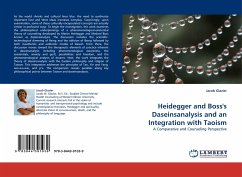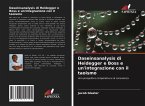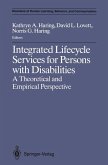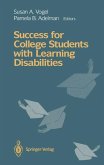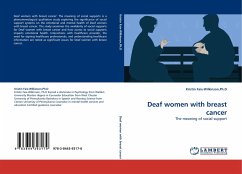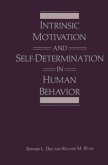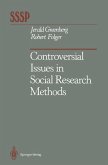As the world shrinks and cultural lines blur, the need to synthesize important East and West ideas increases everyday. Surprisingly, upon examination, some of these culturally encapsulated concepts are actually similar in profound ways. To begin the investigation, this work examines the philosophical underpinnings of a phenomenological-existential theory of counseling developed by Martin Heidegger and Medard Boss known as daseinsanalysis. The discussion includes the scientific-technological dimming of Being and the oblivion of Being followed by both inauthentic and authentic modes of Dasein. From there, the discussion moves toward the therapeutic elements of practice inherent in daseinsanalysis including phenomenological awareness, the existentials, anxiety and guilt, possibilities and freedom, and the phenomenological analysis of dreams. Next, the work integrates the theory of daseinsanalysis with the Eastern philosophy and religion of Taoism. This integration addresses the principles of Tao, Yin and Yang, wei-wu-wei, and p'u. The comparison reveals parallels along key philosophical points between Taoism and daseinsanalysis.
Bitte wählen Sie Ihr Anliegen aus.
Rechnungen
Retourenschein anfordern
Bestellstatus
Storno

